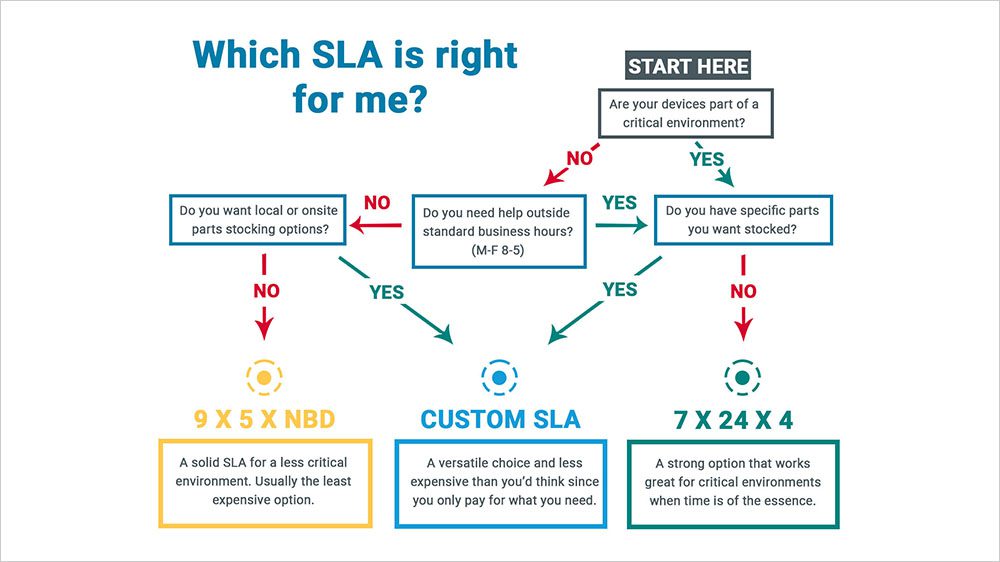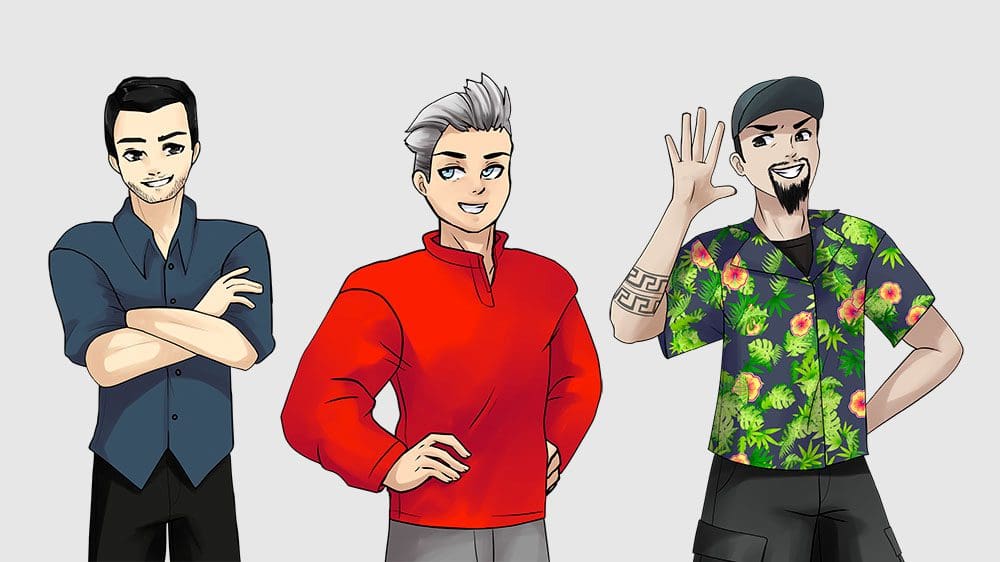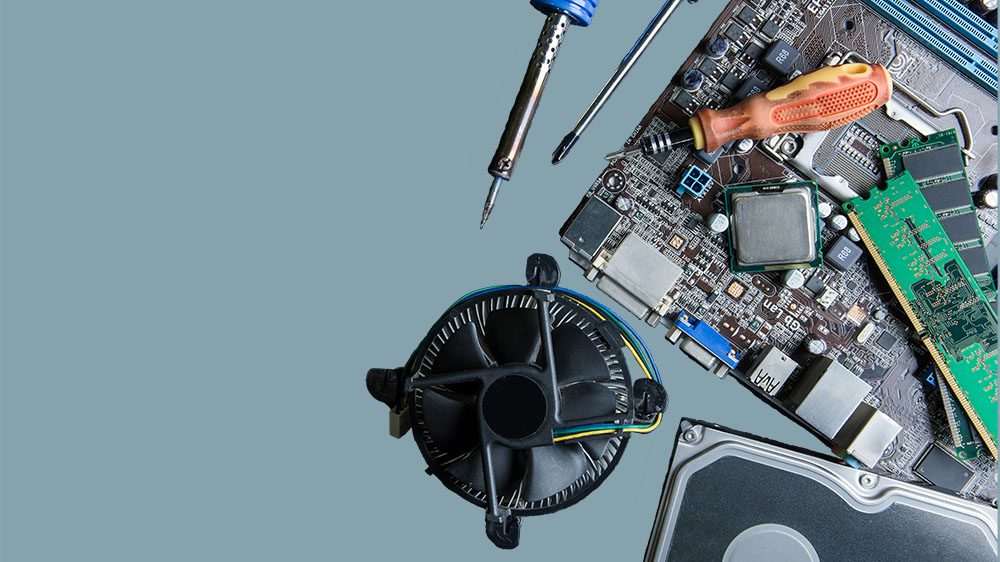Fact or Fiction: Robots Are Taking Over
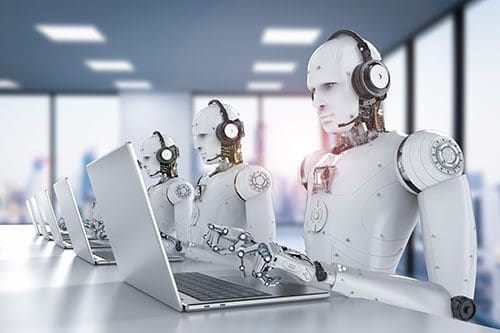
Robots are helping.
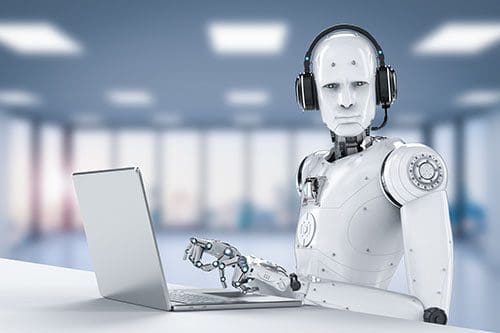
Maybe not.
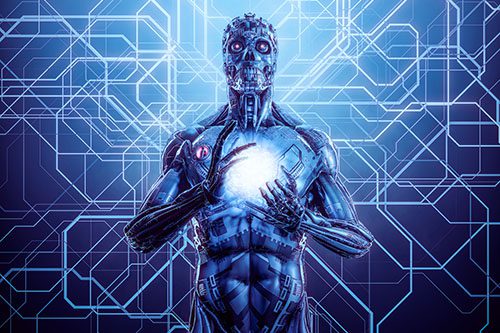
It's too late.
Dust swirls along the barren road, and cities lay empty and ruined, their once impressive skylines like broken teeth gaping and jagged against the sky. Those of us who survived know that while it may look empty out there, it's not safe. We thought it was fine at first — we were excited about the advancements and ways our lives would be easier. Some of us sounded the warning early on. Then things started to get a little weird — there was just something about it all that gave us the creeps. We didn't discover their master plan of overthrowing humanity until it was too late. And now we cower in darkness and hide...
Haha. That's a bit dramatic.
Ok, we're not living in some crazy dystopian future where the robots have turned against humanity or anything, but depending on the articles you read about the latest advancements in AI — such a future might not be purely science fiction. Of the many potential disasters that could spell our apocalyptic doom, artificial intelligence has long been a favorite. While we might be a far cry from terminator-style robots, recent artificial intelligence applications have set the internet buzzing — with warnings of doom and gloom and excited optimism. It's also increased awareness of how algorithms and artificial intelligence have already permeated our everyday life. The question then becomes whether AI will be harnessed to increase productivity and quality of life or will it hasten our end?
AI is everywhere already
Though the internet has been aflutter about AI since the release of ChatGPT in late 2022, artificial intelligence has been part of our daily lives for years. Most of our minds probably go to our smartphones and cool robot-like features like facial recognition, digital voice assistants like Siri or Google, or even GPS-enabled mapping apps. Or maybe we think of the curated entertainment we are served up in our streaming services (I'm looking at you, Netflix) or eerily accurate shopping recommendations (yes, in fact, I did need that — thanks, Amazon.) Even our social media feeds use algorithms to learn what we most likely engage with. There are a ton of ways we interact with "robots" and AI regularly that we probably don't even think about.
- Warehouse & Factory Systems - Fully automated processes are in use across the globe
- Natural Language Processing - Think spell check and the popular grammar assistant Grammarly
- Smart Home Gadgets - Appliances and gadgets do everything from regulating the temperature to making grocery lists
- Banking Industry - AI helps with security and detecting fraud
- Customer Service Chatbots - Who hasn't interacted with one of these?
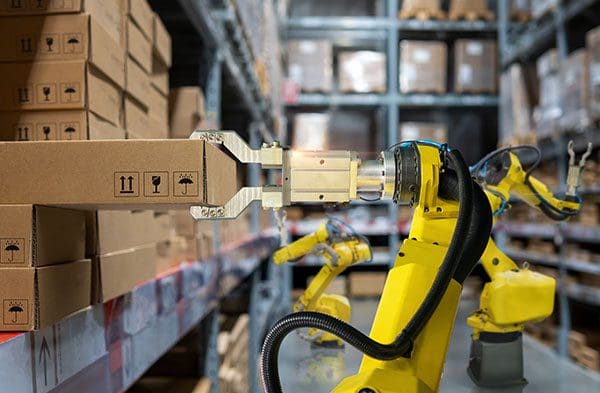
Why Are We Afraid of Artificial Intelligence?
So if we are already using AI (and have been for quite a while), why are we still so freaked out by it? Many scientists and AI researchers might argue that the most concerning elements are not the immediate impacts but rather the long-term implications of advanced artificial intelligence technology. It's not fear that robots will develop "bad " intentions towards humans, but in our attempts to instruct AI to achieve specific goals, we may end up with unintended and potentially deadly consequences. A certain billionaire (and an original co-founder of the company responsible for releasing ChatGPT) was quoted as saying that AI was akin to "summoning the demon." Unintended consequences are more than a possibility; they are a reality.
Can AI create or is it an unwitting thief?
Beyond abstract worries of researchers of what "could" happen, there are immediate and pressing concerns about AI already in use for many in creative fields. Generative AI, like ChatGPT, may seem uncannily human and original in their responses, but they are, in reality, "trained" on massive amounts of text (millions of documents). Only after "learning" (some would argue copying is more accurate) can they complete natural language processing tasks to produce text that sounds surprisingly like a real person.
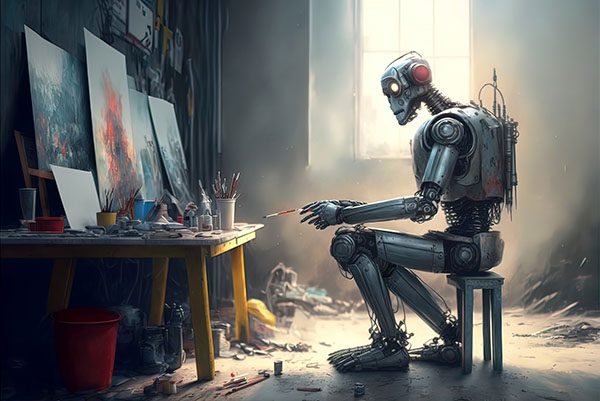
Art-generating AI works similarly - bots learn a particular artist's aesthetic by analyzing and copying, even sometimes copying signatures or logos. Programs are already in development to combat this, blocking bots' ability to scan artwork properly. It works like a veil — the human eye sees the image as it is supposed to be, but when scanned for "learning" purposes, the image becomes distorted and useless.
(Check out the resource links at the bottom of the page to read more about this).
Answering the question, then, of whether artificial intelligence can create is complicated. Without citation, consent, or even transparency into how and what data (documents or images, depending on the circumstance) is being used to produce "new" works, it's challenging to come to a conclusion. The internet has always been a bit of a "Wild West" when it comes to copyright infringements because it's so difficult to enforce. This new area of concern is likely to complicate matters further.
Some might argue that all creative works are built upon the art and literature that has come before, so how is this different? At what point does a piece of creative work cross over into becoming original rather than derivative? What determines "fair use" when companies charge a fee for content generated using the intellectual property of creators without consent? These and other questions surrounding copyright laws will probably get hashed out as time passes.
Ways AI Are Used for Good
It's not all doom and gloom
Many artificial intelligence applications have already changed how we live. Besides increasing productivity and making our lives easier, some applications can actually save lives.
The healthcare industry has seen all kinds of advancements and benefits, including helping to detect and diagnose medical conditions, increase accurate cancer screenings, monitor persistent conditions, reduce medication errors, and more. AI has also been helping law enforcement investigate and prevent various crimes. Human trafficking criminals better watch their steps as AI combines facial recognition, geospatial software, and multiple databases to help identify victims and find the bad guys. Robots are even being used to detect and disarm unexploded land mines. Thanks for the help, robots!

AI Embarrassing Fails
We may not have to worry about the bots taking over quite yet
While robotic advancements have come a long way, we probably aren't quite as far as some may fear or hope. With McDonald's drive-thru bots becoming Tik Tok famous for their appallingly bad service, ChatGPT's various shenanigans, and the Google counterpart, Bard, spouting incorrect information during its demo, we might not be quite ready for the complete robot takeover quite yet. If you've played around with ChatGPT, you know it's pretty nifty. You can have it write you a letter that sounds like Darth Vader and other essential tasks. Just don't expect to play a fair game of chess with it!
Many people heard about ChatGPT playing poorly against the chess bot, Stockfish. After that infamous game, popular YouTube chess guru, GothamChess, also went head to head with ChatGPT to see if the results would be different against a human component. The results were surprising and a bit alarming. ChatGPT not only cheated constantly, making illegal moves and bringing pieces back out of nowhere, but it even bent reality, switching sides when cornered in the ultimate gaslighting move.
If you want to see how it all played out, check out GothamChess vs ChatGPT
M Global Takes on ChatGPT
We did our own experiment with ChatGPT and discovered just how much trouble you could get into if you followed ChatGPT instructions blindly. We asked ChatGPT to create instructions on replacing a 3PAR node. Right out of the gate, we were in trouble. The first instruction told us to shut down the system before doing anything else. Our 3PAR SME was horrified at that advice — you never want to shut down your 3PAR unless you absolutely have to!
The rest of the instructions sounded plausible, especially if you aren't a 3PAR expert. But they were also inaccurate enough that they wouldn't actually work. It was obvious that ChatGPT did not have complete or accurate information about 3PAR systems. ChatGPT created instructions that sounded like they could be right but weren't. (If you need it, here's actual 3PAR troubleshooting help.)
There's quite a bit of discussion about the problem that chatbots like ChatGPT and Google's counterpart, Bard, state incorrect information confidently as if it were fact. Most people probably don't realize these chatbots are not querying a database of answers and verifying the results. They are trained on massive amounts of text to analyze patterns and determine what should come next based on those patterns. As a natural language generator, it's designed to sound like a human, not necessarily give accurate information. An AI professor has called them bullsh** generators. It's not far off the mark in the attempt to seem human — I bet we can all think of a human who might fit that bill.
The advancements in these chatbots are pretty cool, and it's fun to play around with them. Undoubtedly, AI companies will continue to improve them and work out the kinks.
But blindly following ChatGPT's instructions on fixing your IT hardware is not a good idea. While it might speak confidently, it could lead you off a cliff! We're not the only ones that have discovered it's not quite the magic robot everyone thought it would be at first — ready to take over everything and everyone's jobs. AI can't replace the human element (at least not yet!) So while we might be looking at a doomsday at some point in the future, for now, we can have a good laugh, and when you have hardware issues, give the humans at M Global a call!

Good News — M Global is full of HUMANS not robots!
Never fear! M Global doesn't use annoying bots to automate ticketing, bombarding your desk with noncritical issues. Instead, you get the critical thinking skills of a real human being who is an expert in their field and the personal connection and relationship you can't get with a robot. Let's get you hardware support that will set your mind at ease and free up your brain space to think about more important things like what conspiracy theory or urban myth we should cover in our next Fact or Fiction series post.
Talk to us — we'd love to hear from you!
Get Started Now
We want you to consider us an extension of your team, a trusted resource and advisor. Call us today at 855-304-4600 to find out more.
AI & Robots Links
If you want to fall down the rabbit hole and read more about this topic, check out the links below!
Our World in Data - article on the impact of artificial intelligence
The New York Times - article on artificial intelligence art generators and tool to protect artist
Nintendo Life - article on what game develops and artists feel about AI
The Verge - article on Google's Bard chatbot making error in its first demo

Author Note:
Written by Angie Stephens with contributions from M Global team members including SMEs, management executives, and more.





